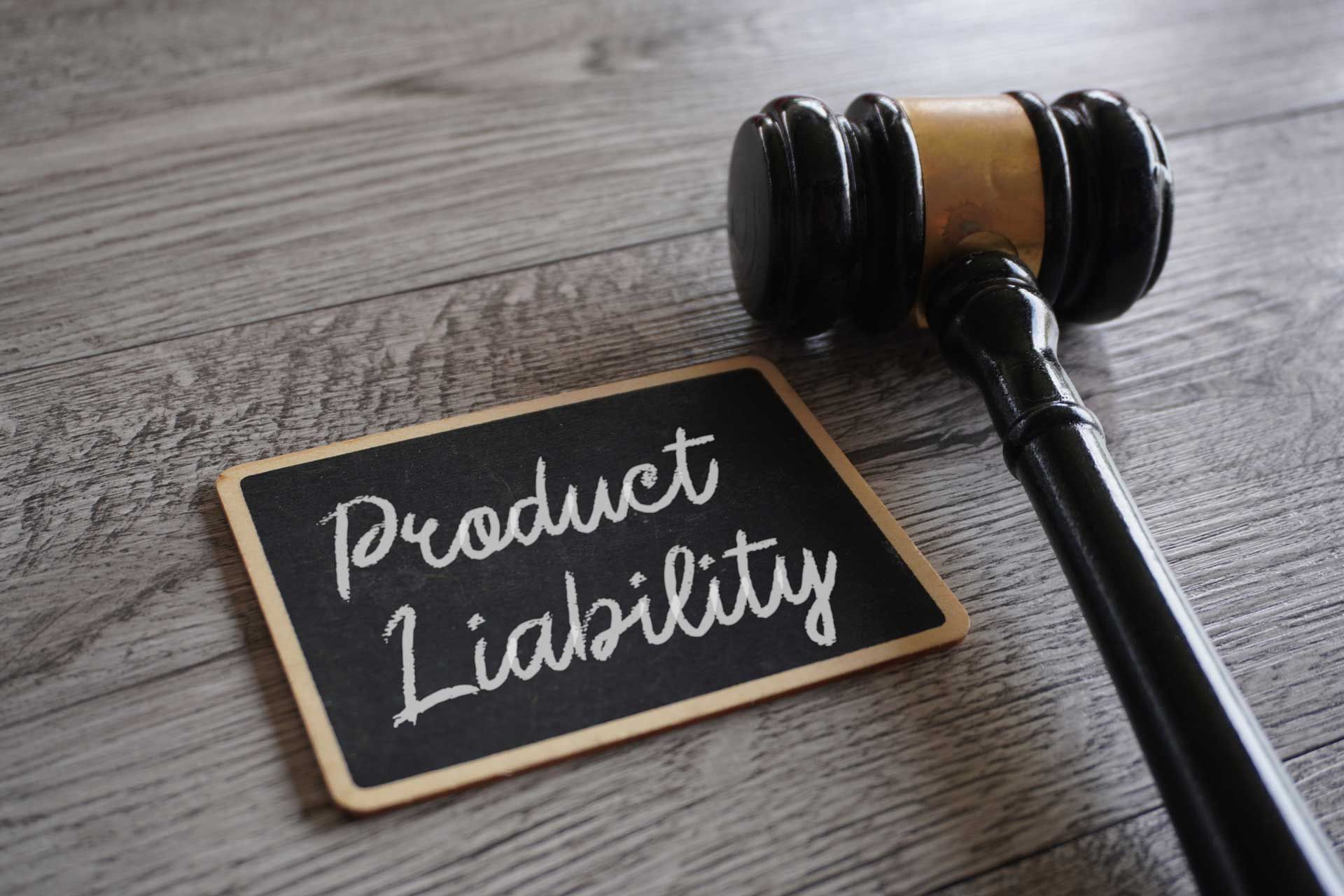How to Use a Deferred Sales Trust to Limit Capital Gains Tax When Selling Your Business
Another Great Tax Savings Tool

By Dan Schmoll
Introduction
A Deferred Sales Trust (DST) is a tested means to defer capital gains tax and reduce the overall tax burden on the sale of real estate, businesses, and other highly appreciated assets.
Background on Deferred Sales Trusts
Most business owners who are able to sell their businesses have significant capital gains exposure. In most cases, they are hoping the proceeds of the sale of the business will largely fund their retirement. The DST is perfect for these owners because they can generate income based on the sales price as opposed to the net proceeds of sale minus the lump sum taxes they would otherwise pay.
The DST was created as a vehicle under section 453 of the Internal Revenue Code can be used with any kind of entity, e.g. LLCs, S corporations, or traditional C-corps as well as by individuals who own real estate, rental properties, vacation homes, commercial properties, hotels, land, industrial complexes, retail developments or raw land. In fact, there are very few limits on the type of assets that might qualify for tax deferral using a DST.
Over the long run, the Deferred Sales Trust has the ability to generate substantially more wealth than a direct and taxed sale. It may be superior to the Charitable Remainder Trust, installment sale or like-kind property exchange in many respects. Consult your tax advisor to ascertain the potential benefits of this option.
The three Most Common Uses for the Deferred Sales Trust
- An exit strategy including the sale of appreciated Real Estate, a Business, Collectible, or other high value asset & not repurchase the same asset class.
- This is an option for the 1031 exchange alternative instead of a trade into more real estate. With a DST you can park your sales proceeds indefinitely or wait for the right deal. Also if you are transitioning away from real estate this is an excellent approach for you.
- A DST can be used as a 1031 Exchange Rescue. This is a way out from an exchange that has no suitable upside available in time or is in jeopardy of failing.
Advantages of a Deferred Sales Trust
Tax Deferral: The primary advantage of a DST is the ability to defer capital gains taxes on the sale of appreciated assets. Instead of paying the full tax liability at the time of the sale, the seller can defer the taxes and potentially spread them out over several years. This can provide significant cash flow advantages and allow for increased investment potential.
Diversification and Investment Options: A DST provides the seller with the opportunity to diversify their investments. Instead of being tied to a specific property or business, the seller can invest the proceeds in a variety of assets, such as stocks, bonds, mutual funds, or even other real estate properties. This diversification can help reduce risk and potentially increase overall returns.
Estate Planning Benefits: By deferring capital gains taxes through a DST, the seller can potentially reduce the size of their taxable estate. This can be beneficial for estate planning purposes, as it may help minimize estate taxes and provide more wealth for future generations.
Flexibility in Timing: The DST offers flexibility in timing the receipt of funds. The seller can choose when and how much money they want to receive from the trust, allowing for strategic planning based on their financial needs and tax obligations
Legacy Planning: A DST can provide a vehicle for charitable giving or leaving a legacy. The trust can be structured to include charitable contributions, allowing the seller to support causes they care about while potentially receiving additional tax benefits.
Are Capital Gains Holding You Back from Selling?
With over 4,000 DST Transactions totaling $200 Billion in total volume along with a proven track record, this makes the DST a great solution for seller’s business or of highly appreciated assets. The DST should be offered exclusively through a proven Estate Planning Team. These professionals should be vetted and help sellers of highly appreciated assets replace income or invest in growth with Tax Deferred proceeds from the sale.
Discuss your specific situation with knowledgeable representatives that are in the industry or that have used a DST. They should be able to help you determine how a DST can help if you selling your business or other highly appreciated assets. Ask if they can provide you the solutions and help you keep more of your hard earned money and allow it to work for you with a wide range of investment tools based on your needs and risk tolerance.
In the meantime, click on the link to here for more about the Deferred Sales Trust, this is a short explainer video. As always, please reach out to us at Landmark Advisors if you we can be helpful in connecting you with Dan Schmoll and the DST professionals who can take care of your needs.



